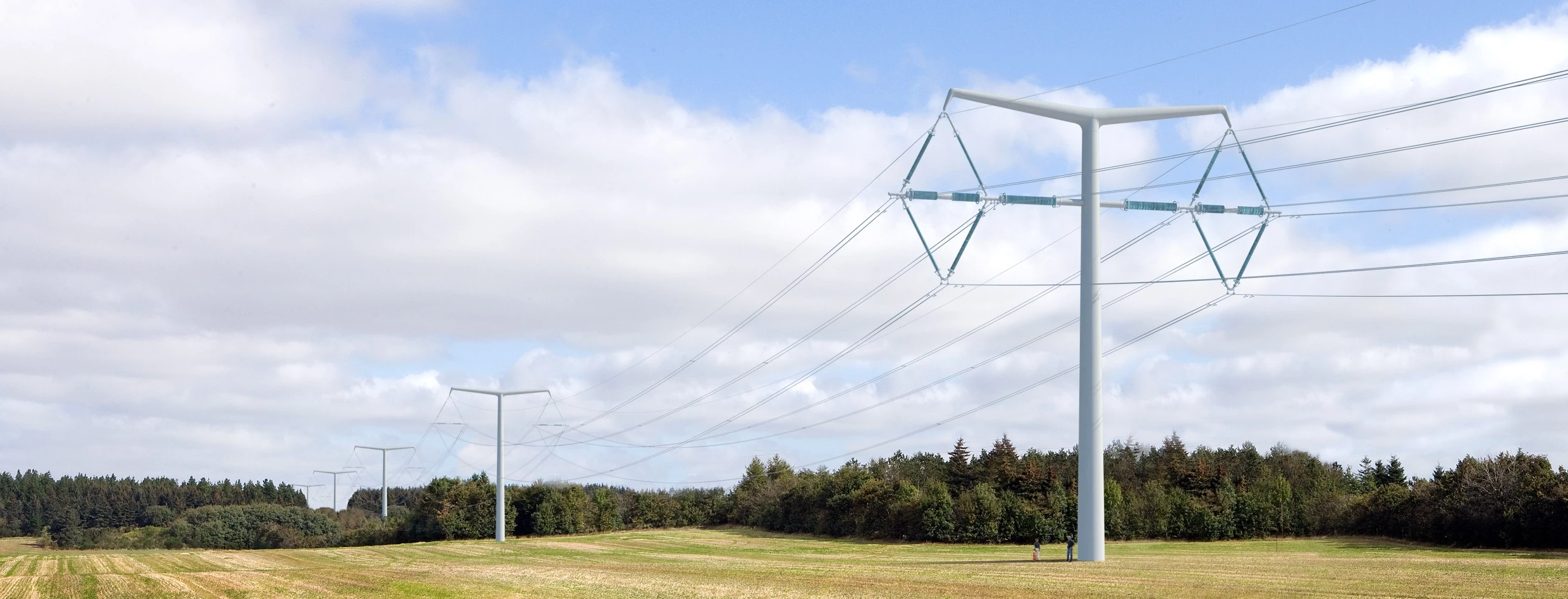
Partner Article
Autumn Budget 2018: What key energy policy changes will affect business?
Despite the recent Intergovernmental Panel on Climate Change (IPCC) shock warning about the urgent need to limit global warming, green energy policy was somewhat lacking in the Autumn 2018 budget.
The only environmental headline grabbers were the introduction of a new ‘plastic tax’ and a £60m tree planting fund. However, there were three key energy policy changes that businesses should know about:
1. Climate Change Levy (CCL) on gas to be increased
The Chancellor announced plans to narrow the gap between the Climate Change Levy paid on gas and electricity, which will make gas more expensive to organisations that are eligible for CCL.
The gas levy will be increased from 2020-21 so that it reaches 60% of the electricity main rate by 2021-22. The electricity rate will be lowered during this time period.
Actual CCL rates for 2020 /21and beyond are yet to be announced, but the rates on both gas and electricity will rise sharply on 1 April 2019. As part of the Streamlined Energy and Carbon Reporting (SECR) changes, the CRC scheme will be scrapped, but the ‘lost’ tax receipts will be offset by big increases in CCL rates, including a 67% increase on natural gas and 45% increase on electricity starting 2019/20.
CCL is a tax applied to many non domestic energy supplies, excluding light energy users and charities, and with discounts applied to many energy intensive businesses via Climate Change Agreements (CCAs).
Those organisations that don’t currently participate in CRC will feel the ‘sting’ of these higher taxes, while those that are reliant on gas will face higher energy prices from April 2020.
It’s important to understand how CCL tax rises will impact your energy costs and to budget ahead. Contact our team to find out how you will be affected. We can also help you reduce your energy consumption and switch to onsite generation to mitigate the impact of CCL increases.
2 New business energy efficiency fund to replace Enhanced Capital Allowances (ECAs)
Businesses have until April 2020 to claim ECAs on approved energy technologies and first-year tax credits. After this date, they are to be replaced by a new £315m Industrial Energy Transformation Fund that will support ‘significant energy users’ in improving energy efficiency and making the low-carbon shift.
ECAs will continue to apply to companies investing in electric vehicle charge points until 31 March 2023.
The government will also consult on the creation of a new Business Energy Efficiency Scheme for smaller businesses.
3. Freezing of Carbon Price Support In view of the fact that the rising price of the EU Emissions Trading System Allowances has pushed up the total carbon price, the Chancellor announced that the current freeze on the Carbon Price Support (CPS) rate will remain at £18/tCO2 for 2020-21. From 2021-22, the Government will look at cutting the CPS rate if the total carbon price (EU ETS + UK Carbon Price) remains high.
If the UK should experience a ‘no deal’ Brexit scenario – resulting in a departure from the EU ETS scheme in 2019, a new Carbon Emissions Tax would apply to all stationary installations currently participating in the EU ETS. This would be levied at a rate of £16 for each tonne of CO2 emitted above an installation’s emissions allowance.
Other energy-related budget announcements
• Fuel duty was frozen for the ninth successive year.
• Headline taxes on oil and gas were maintained at their current level.
• A transferrable tax history mechanism will be introduced as part of the 2018/19 Finance bill to remove tax barriers to new investment in North Sea oil and gas projects.
• £20m pledged to support UK research into nuclear fusion.
Give our experts a call to see how we can help you optimise your energy performance and reduce energy overheads to offset rising CCL taxes and other non-commodity costs. Call us now on 0330 166 4444
This was posted in Bdaily's Members' News section by Inprova Energy .
Enjoy the read? Get Bdaily delivered.
Sign up to receive our popular morning National email for free.








 Raising the bar to boost North East growth
Raising the bar to boost North East growth
 Navigating the messy middle of business growth
Navigating the messy middle of business growth
 We must make it easier to hire young people
We must make it easier to hire young people
 Why community-based care is key to NHS' future
Why community-based care is key to NHS' future
 Culture, confidence and creativity in the North East
Culture, confidence and creativity in the North East
 Putting in the groundwork to boost skills
Putting in the groundwork to boost skills
 £100,000 milestone drives forward STEM work
£100,000 milestone drives forward STEM work
 Restoring confidence for the economic road ahead
Restoring confidence for the economic road ahead
 Ready to scale? Buy-and-build offers opportunity
Ready to scale? Buy-and-build offers opportunity
 When will our regional economy grow?
When will our regional economy grow?
 Creating a thriving North East construction sector
Creating a thriving North East construction sector
 Why investors are still backing the North East
Why investors are still backing the North East